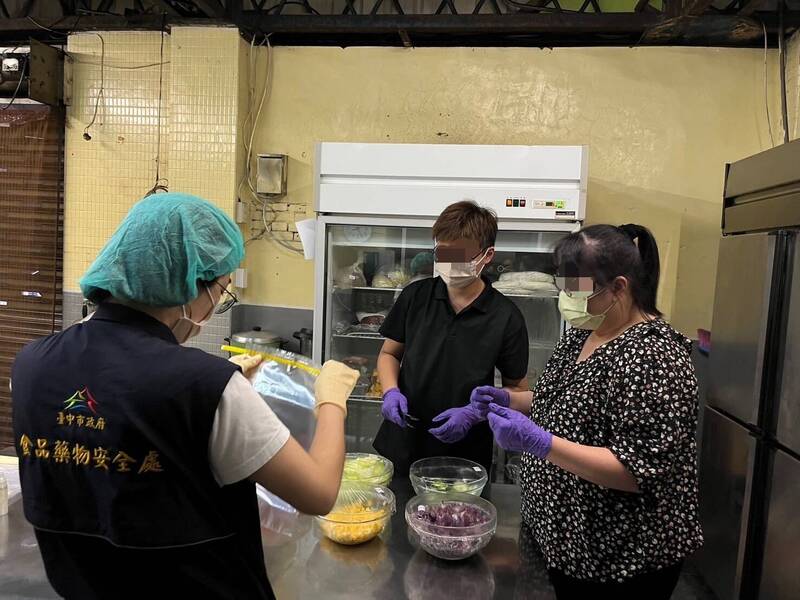《TAIPEI TIMES》Ban on Xinjiang products from forced labor sought

Democratic Progressive Party Taipei City Councilor Hsu Shu-hua holds a can of tomato juice with ingredients from Xinjiang at a news conference in Taipei yesterday. Photo: Wang Yi-sung, Taipei Times
MARKING PROTEST: Without a ban, Taiwan would be an accomplice in exploiting Uighurs, an advocate said, adding that ethnic cleansing should never be allowed
By Liu Tzu-hsuan / Staff writer, with CNA
The government should ban goods made with forced labor in China’s Xinjiang, rights advocates told a news conference in Taipei yesterday, the 13th anniversary of riots in Urumqi.
A protest in Xinjiang’s capital city in July 2009 turned into a violent conflict between Uighurs and ethnic Han Chinese.
Beijing subsequently imposed tougher measures on the region.
Taiwan East Turkestan Association president Ho Chao-tung (何朝棟) told the news conference that the riots had led to Beijing’s “re-education” camps being set up in Xinjiang.
The government should ban products made with forced labor in Xinjiang, otherwise Taiwan would become an accomplice in exploiting Uighurs, Ho said, adding that ethnic cleansing should never be allowed to happen.
The Uyghur Forced Labor Prevention Act was promulgated in the US last month, prohibiting imports of cotton and other products allegedly involving forced labor, while the European Parliament passed a similar resolution last month.
Democratic Progressive Party Taipei City Councilor Hsu Shu-hua (許淑華) showed a can of tomato juice produced by Uni-President Enterprises Corp, saying that the product’s ingredients are from Xinjiang.
“This is not just an issue of ethnic conflict, but a universal concern for human rights,” Hsu said, calling on Taiwanese businesses to exercise social responsibility by thoroughly reviewing the human rights and security issues in China’s supply chain.
New Power Party Legislator Chiu Hsien-chih (邱顯智) said that purchasing products linked to labor camps in the region supports Beijing’s “horrific approach.”
Taiwan needs its own supply chain act, Chiu said.
Wuer Kaixi, an exiled Uighur who is secretary-general of the Legislative Yuan’s International Human Rights Promotion Association, said that paying attention to human rights issues shows “Taiwan’s uncompromising stance on freedom and democracy to the world.”
China’s Taiwan Affairs Office recently invited journalists from across the Taiwan Strait to report on Xinjiang affairs and attend the Counter-terrorism and De-radicalization in Xinjiang Exhibition, Wuer Kaixi said.
Journalists should cover stories independently and Taiwanese news firms that act as a mouthpiece for China by producing reports that stick to narratives dictated by Beijing through events such as the exhibition should be condemned, he said.
新聞來源:TAIPEI TIMES











